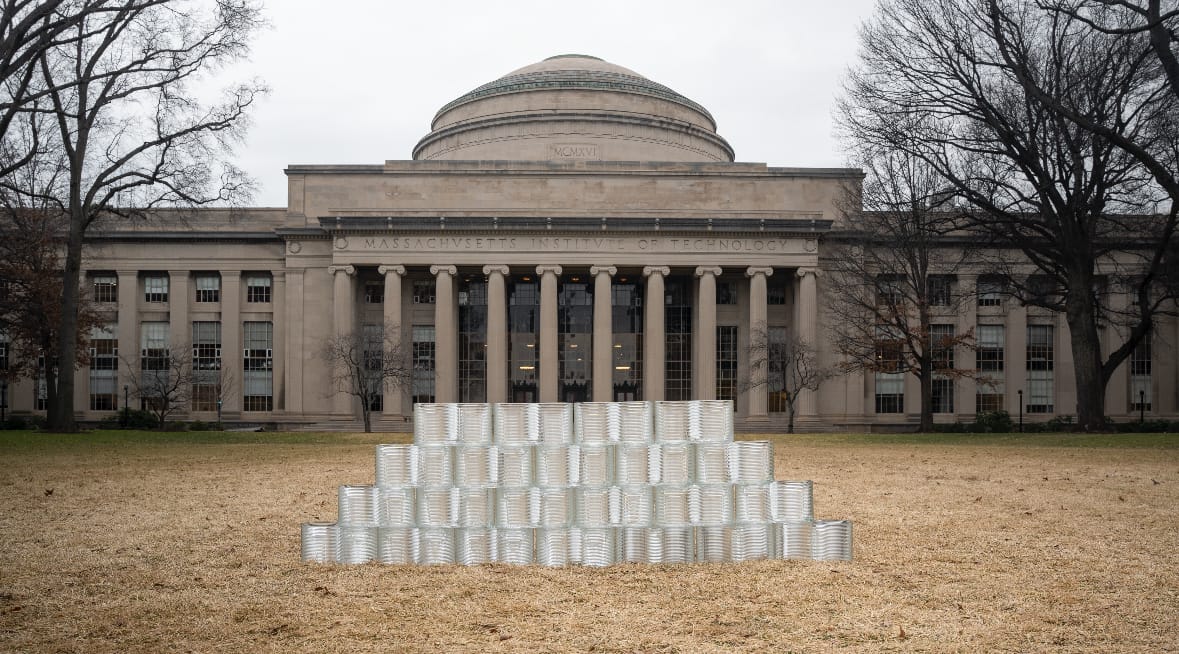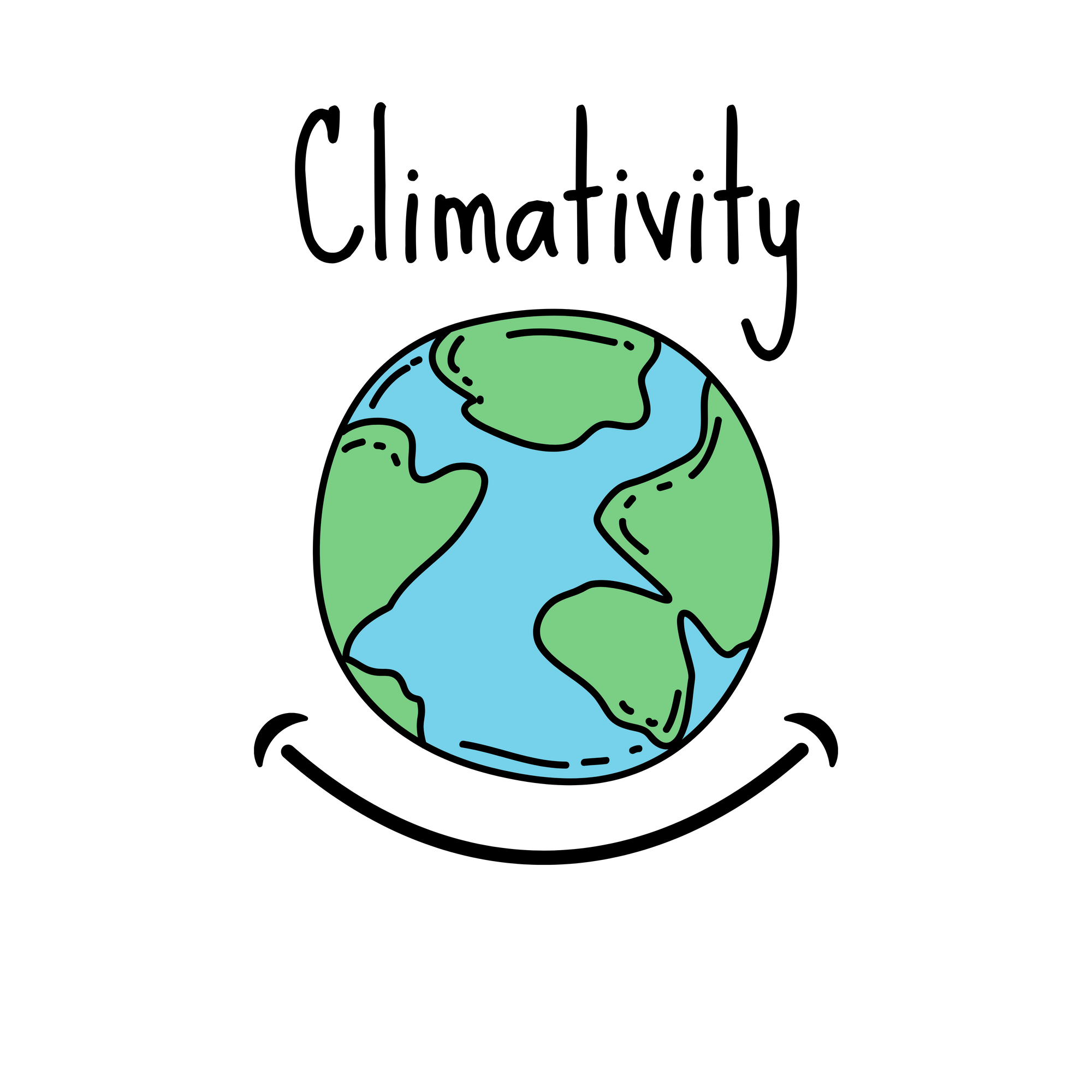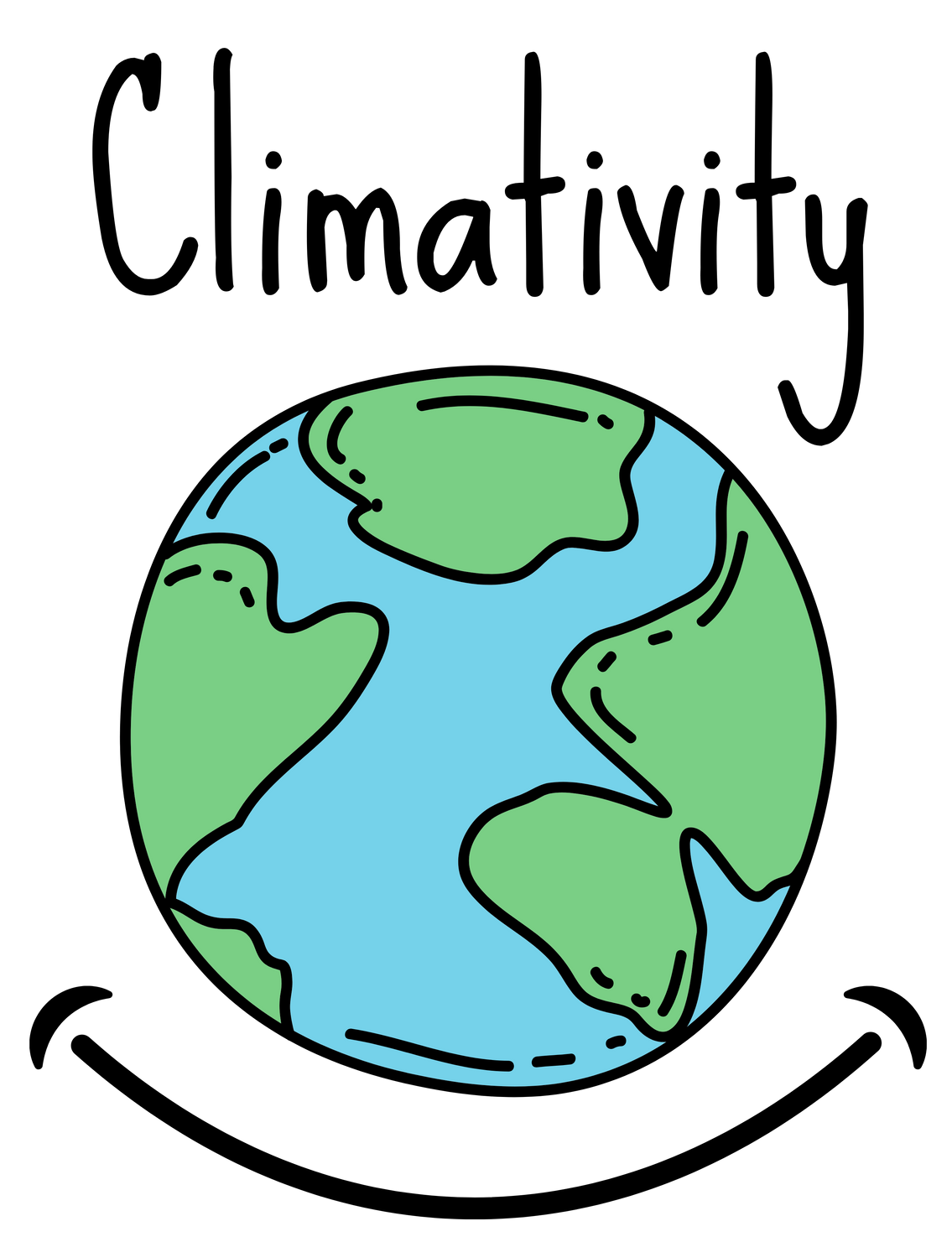no. 122: Better late than never!

Hey friend!
If you'll notice, today isn't Friday. Sorry!
I had gotten my flu and covid booster shots which made me pretty exhausted at the end of the week, so I wasn't able to finish this newsletter on time. It's the first time I've been late in over a year, so I hope you still enjoy it all the same :)
Progress from Monday, October 7

Robert had been illegally logging the Amazon rainforest since he was just 11 years old to feed his family, but he turned his life around when a new Reserve was established and now guides tours of the forest he knows so well, making more in a week than three months of logging while helping protect his community (Christine Ro|BBC)
Claudia Sheinbaum is now officially Mexico’s first female president and she’s a climate scientist who pledged in her opening speech to increase renewables by nearly double and impose the nation’s first limit on oil production (Teresa De Miguel|AP)
380 different types of rice were screened over 10 years to develop a new rice with higher protein and lower glycemic index meaning areas of Asia and Africa that consume the most rice could dramatically lower their diabetes rates (Rebecca Root|The Guardian)
And today’s community win comes from Justin whose best friend discovered a new species of ant to be published in the coming months.
The end of confusing food date labels?

What if we actually knew when the food we buy was gonna expire?
Because when we go to the grocery store, there are over 50 different date labels on our food that basically sound the same like sell by, use by, best by, best before, better if used by, best if used before, or sometimes it just lists a date with no further context.
Around a third of food gets wasted in the US, and since there’s no federal regulation for these confusing labels, it almost makes these dates useless, where it’s better to just look at and smell our food to tell if it’s still safe to eat.
But California’s now the first state to pass a law forcing these labels to be more clear, with two dates starting in 2026: One to tell us when the food is at peak quality which will be “Best if Used By”, and one to show when it’s safe to consume, which will just be “Use By”
And since California has 40 million residents, it will likely be easier for manufacturers to use this system across the board, which will help clear things up around the nation, let us throw out less food, and prove that federal regulations should come next...
What's your take?
3D printing glass

3D printed glass that can be reused over and over again is here, because if it breaks, it can just get melted down and 3D printed again into the same shape or an entirely new one.
But it has so much more potential than just that.
3D printing started in Japan in the 1980s with resin, but it seems like we can print pretty much everything these days, from salmon to cheesecake to entire neighborhoods.
And since the manufacturing of materials for construction accounts for 15% of global greenhouse gas emissions, creating 3D printed alternatives that are actually reusable and circular could substantially help improve construction and the planet.
So engineers from MIT designed interlocking building blocks that are kinda like LEGOs which can withstand the same amount of pressure as concrete, be rearranged into endless different shapes, and could live on forever in an endless loop of printing and building.
And I have to mention that it’s also unbelievably satisfying to watch.
Mandatory composting comes to NYC

It’s now illegal to throw out our food scraps in the largest city in the US… kind of.
See composting is a natural process that breaks down organic material into fertilizer which enriches soil and improves plant growth.
And by turning our food scraps into compost, we can prevent a lot of waste from going into landfills and creating planet-warming methane.
So New York City passed the “Zero Waste Act” last year which aims to eliminate all that trash New York’s infamous for, and one step is this mandatory composting in all 5 boroughs which becomes law in 2025.
You may have seen those brown bins or orange containers around the city to deposit pretty much anything that’s grown or eaten, which is now legally required to be separated from our other trash and recycling, and landlords have the next 6 months to create designated spaces for this within buildings, before fines start for violations in April 2025.
And while reducing waste is great for the planet, it’s a little misleading, as only some of these food scraps will actually be composted, and the rest will go into anaerobic digesters to be turned into biogas.
So it’s far from perfect, but a step in the right direction, but what’s your take?
Progress from Friday, October 11

Australia announced they’ll now protect 52% of the nation’s ocean territory which is the most of any country by expanding their marine parks, while conservationists are pushing for even better restoration and wildlife protections (Adam Morton|The Guardian)
Stickers on fresh fruit and veggies will soon be compostable, whereas before these plastic stickers had to be trashed, after an agreement and plan was reached between composting groups and the produce industry to make this switch (Shelley Mann|Waste Today)
Parks in London are undergoing a rewilding shift away from neatly groomed flat lawns into species-filled gardens which include more native habitats that attract biodiversity and improve the health of people walking through them (Christy Choi|NYT)
And today’s community win comes from bonanza.jellybeans who’s able to pay their rent from selling art that they made.
Bonus stories
🧤 Clothes swapping is ramping up in Ireland
☀️ JFK airport has started getting 13,000 rooftop solar panels
💰 Congestion pricing in NYC still has a chance after Gov. Hochul failed to toss out the lawsuit
🌿 Powering a device with... leaves?

Spread this breath of fresh air🪴
By supporting Climativity, you're helping these good stories reach more people around the world.
Support good news & independent publishingThis newsletter was written by Jacob Simon. 700,000+ people are in our community replacing dread & fear with hope & action across Instagram, TikTok, Threads, and now YouTube. You can say hi on LinkedIn, or by emailing jacob@jacobsimonsays.com






Member discussion